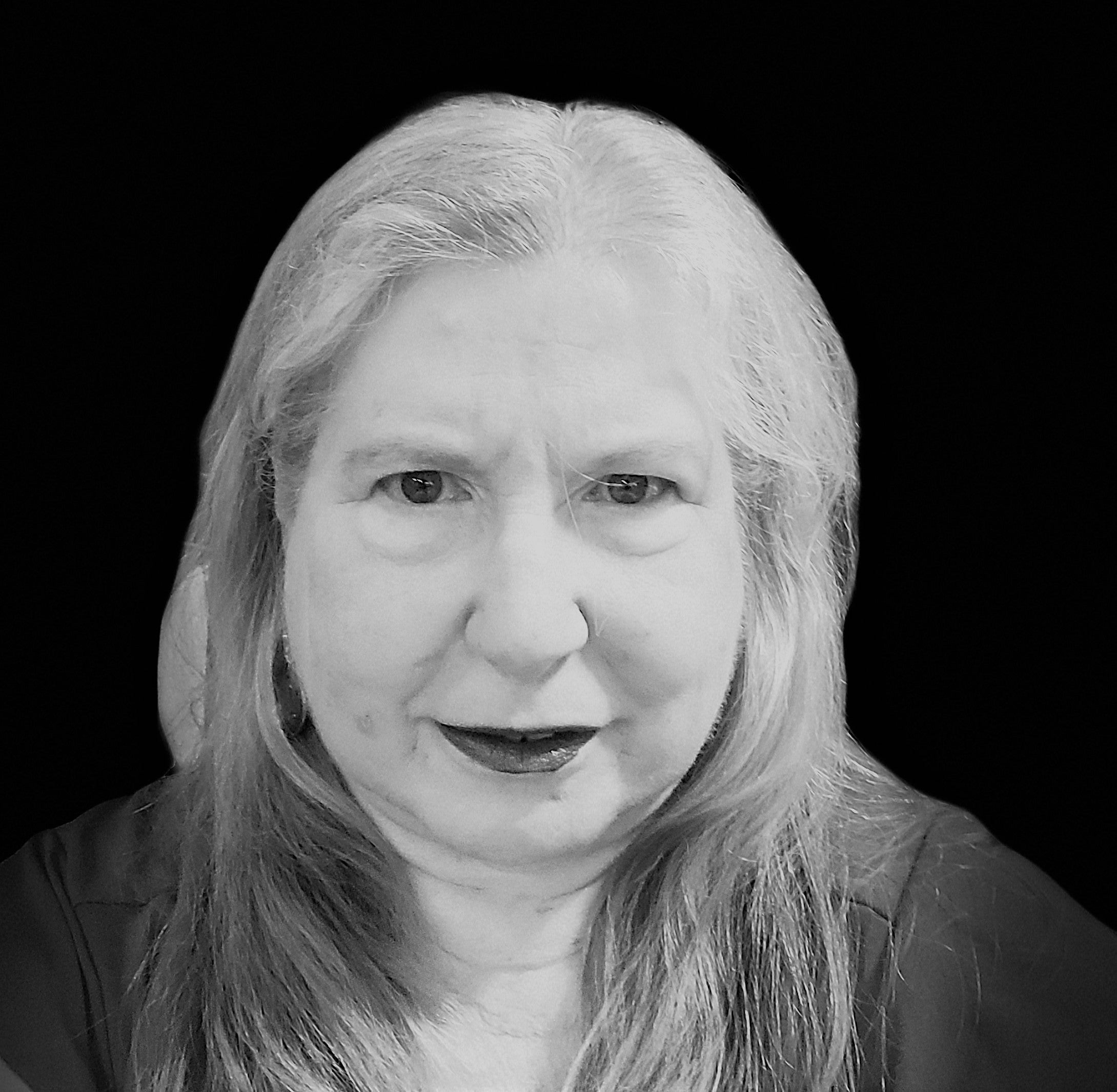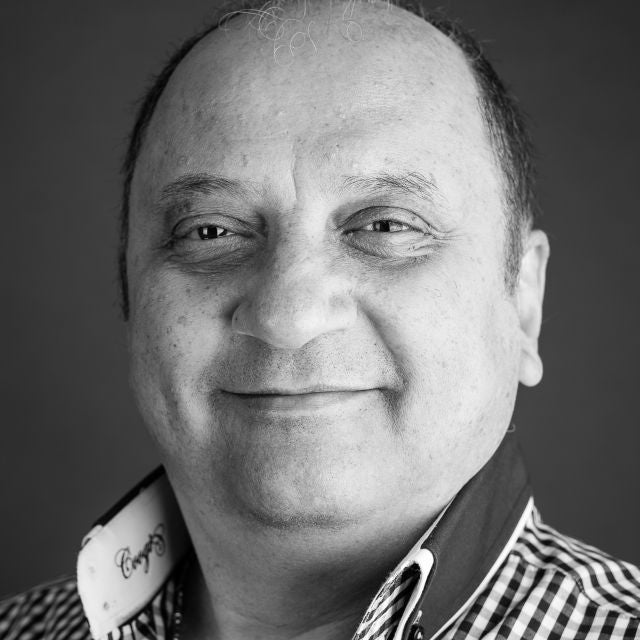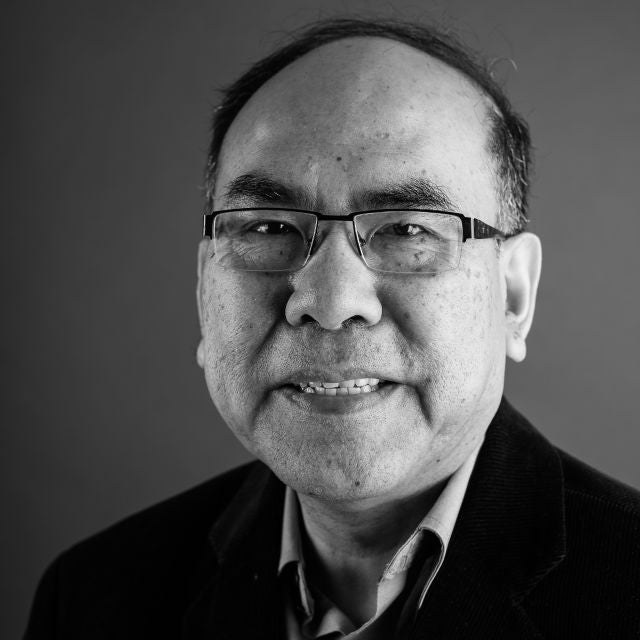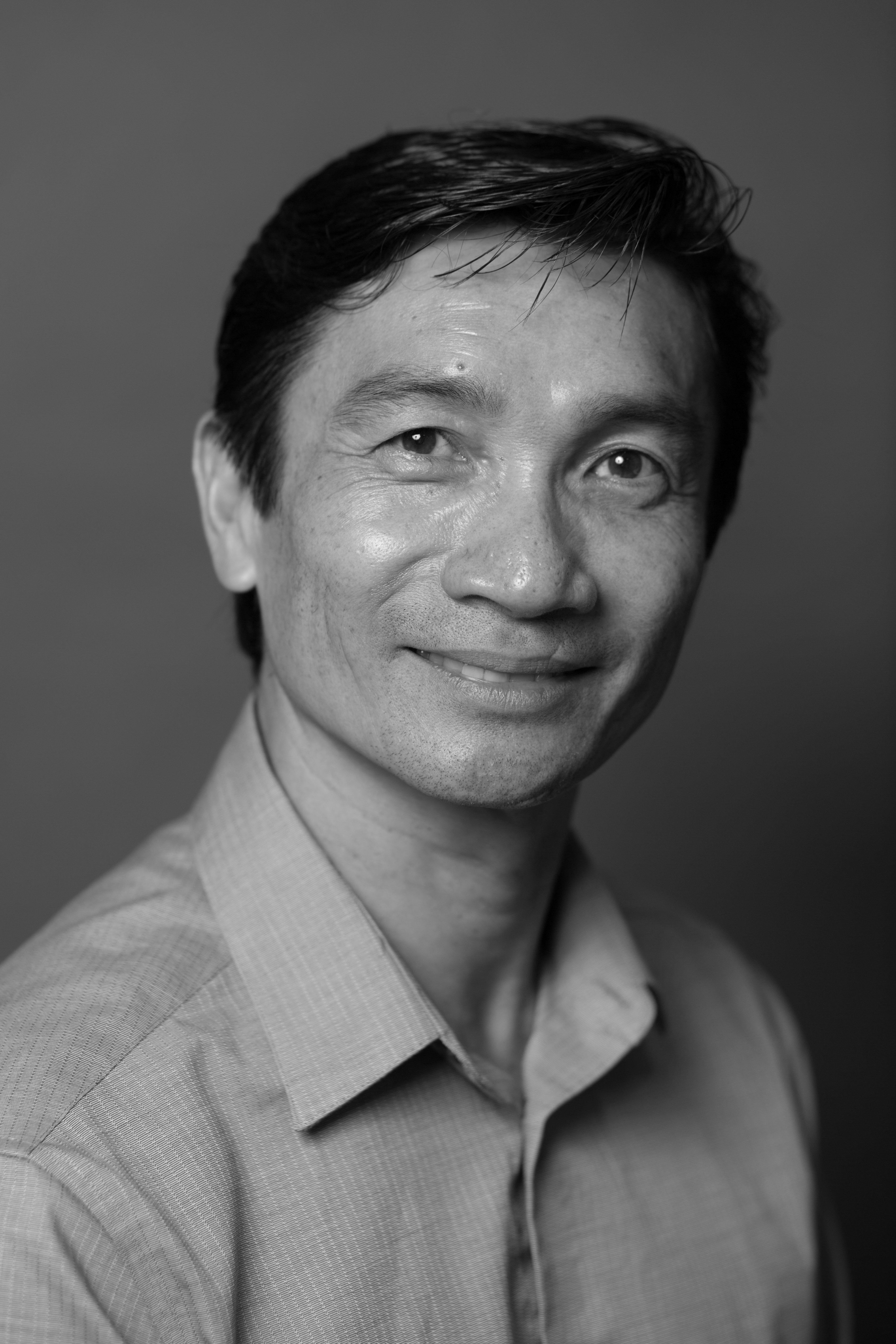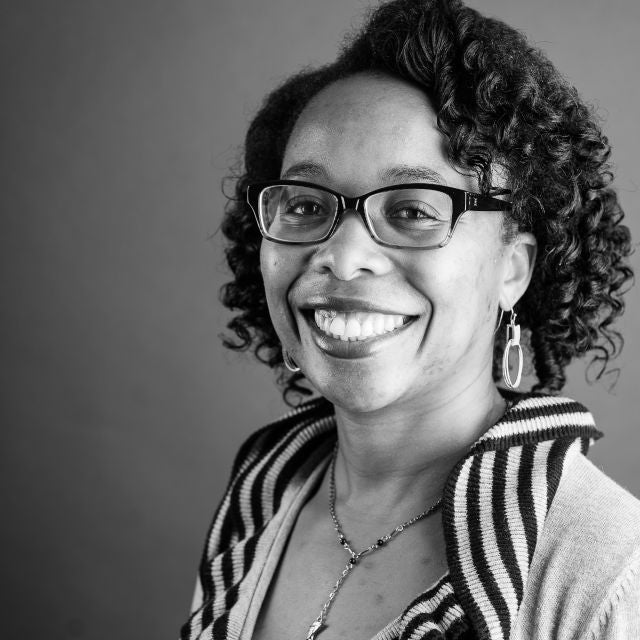Biography
Dr. Eduardo Morales retired in 2015.
Eduardo Morales, Ph.D. is Distinguished Professor of the PhD Clinical Program at CSPP-SF of Alliant international University and Executive Director of AGUILAS, a HIV prevention program for Latino gay/bisexual men. Dr. Morales has received numerous awards for his contributions that include the 2009 American Psychological Association (APA) Award for Distinguished Contributions to Institutional Practice, the 2009 Latino Business Leadership Award presented by the San Francisco Hispanic Chamber of Commerce, the National Latino Psychological Association 2006 Star Vega Distinguished Service Award, a Citation in 2005 for Outstanding Service and Visionary Leadership from the what was then called the Society for the Psychological Study of Ethnic Minority Issues (Division 45) of the American Psychological Association (APA), the 2002 Distinguished Career Contributions to Service Award from Division 45 of the APA; the 1994 Outstanding Achievement Award given by the Committee of Lesbian and Gay Concerns of the APA; and the Distinguished Contribution Award (1991) in Ethnic Minority Issues, from what was then called the Society for the Psychological Study of Lesbian and Gay Issues (Division 44) of the APA.
He also received Certificate of Special Congressional Recognition, Speaker of the House Nancy Pelosi (2009); Certificate of Recognition from Congresswoman Jackie Speier (2009); Certificate of Honor from Mayor Gavin Newsom (2009); Certificate of Recognition from Senator Mark Leno, CA 3rd District Senator - SF (2009); Certificate of Recognition Assemblyman Joe Coto, CA 23rd Assembly District - San Jose (2009);Commendation from San Francisco Office of the Treasurer José Cisneros (2009) and San Francisco Latino Heritage Education Award honoring AGUILAS El Ambiente Program by S.F. Mayor Gavin Newsom, October 14, 2009.
Dr. Morales was a Fulbright Specialist from 2010 to 2015 and was honored by being made an APA Fellow member as well as being made Fellow of 12 Divisional Associations of APA. Fellow status is an honor bestowed upon APA Members who have shown evidence of unusual and outstanding contributions or performance in the field of psychology.
The 12 APA Divisions that recognize Dr. Morales as Fellow are: Society for the Psychological Study of Social Issues (Division. 9); Society for Clinical Psychology (Division 12); Society of Counseling Psychology (Division 17); Society for Community Research and Action (Division 27); Society for Child and Family Policy and Practice (Division 37); Society for Health Psychology (Div. 38); Psychologists in Independent Practice (Division 42); Society of Family Psychology, (Div. 43); Society for the Psychological Study of Lesbian, Gay, Bisexual and Transgender Issues (Div. 44); Society for the Psychological Study of Culture, Ethnicity and Race (Div. 45); APA Division for the Study of Addiction (Div. 50); Society for the Psychological Study of Men and Masculinity (Div. 51).
Dr. Morales was one of the founders and president of Division 45 of APA-Society for the Psychological Study of Ethnic Minority Issues (2004-06), was member of various committees and boards of APA and is currently a member of the APA Council of Representatives for APA Division 44 who oversees the organization and develops APA policy. He was Co-chair of a national conference entitled "Culturally Informed Evidence Based Practices: Translating Research and Policy for the Real World" funded by the federal agencies SAMSHA and NIMH and co-sponsored by an unprecedented 25 APA Divisions held on March 13 and 14, 2008 in Washington, D.C. Most recently, he organized a regional conference on May 29, 2015 entitled "Innovations in Latin@ Behavioral Health" cosponsored by SF Department of Public Health, Alliant International University, and AGUILAS. Dr. Morales has an active professional career as Distinguished Professor of psychology at the California School of Professional Psychology-S.F. where he led the effort in developing and establishing multicultural competencies for students and faculty and a multicultural training program.
Dr. Morales is very active in obtaining research and service grants and founded many programs for Latinos in substance abuse, HIV, and juvenile delinquency prevention. His areas of expertise include health prevention and promotion, HIV, substance abuse, community interventions, program evaluation research, and strategic planning and policy development in various types of communities and organizations locally and nationally. He has served on numerous committees and organizations throughout his career and consults to a wide variety of agencies and government departments for developing and building programs and capacity among nonprofits in ethnic minority communities throughout the U.S. His resume notes him being a principal investigator or co-investigator in research grants totaling over $11,699,933, in program evaluation grant totaling over $8,225,800, in service grants totaling over $9,442,302, and in professional training grants $3,313,172 for a grand total of over $32,117,965 million dollars in grants received mostly targeted for Latinos and other ethnic minority groups in the areas of health and prevention.
Dr. Morales was born and raised of Puerto Rican parents who migrated to New York City's Hamilton Heights District that provides the basis of his passion, advocacy, and motivation to serve and build teams for addressing community empowerment, embracing collaboration, and realizing dreams. Dr. Morales received his B.S. degree at Fordham College in NYC and at age 25 he completed his Ph.D. in Counseling Psychology at Texas Tech University where he was a Ford Foundation Fellow and a Summer Fellow at the Educational Testing Service (ETS) at Princeton, N.J. As an active musician throughout his life, he performed with various arts organizations, directed choruses, toured the U.S. with the famed SF Gay Men's Chorus in its first concert tour in June of 1981, as well as, a supporter of the arts with first hand understanding of the importance and effectiveness of the arts toward community empowerment, addressing and advocating for social justice issues.
Education and Certifications
- PhD, Texas Tech University
Honors
- 2010 Fulbright Fellow - Specialist Designation by the U.S. Department of Education
- 2009 Certificate of Recognition from Congresswoman Jackie Speier
- 2009 Hispanic Heritage Salutes Leaders in the Community by ABC Channel 7 KGO-TV, San Francisco Bay Area
- 2009 Most Influential Bar Area Latinos Award from the San Francisco Hispanic Chamber of Commerce
- 2009 American Psychological Association Award for Distinguished Contributions to Institutional Practice, August
- 2009 Certificate of Special Congressional Recognition, Speaker of the House Nancy Pelosi
Scholarship and Contributions to the Field
- Morales, Eduardo; Lau, Michael Y.; and Ballasteros, Andrea (2012) "Division 45 of the American Psychological Association: The Society for the Psychological Study of Ethnic Minority Issues." The Counseling Psychologist, 40(5), 699-709.
- Villatoro, Alice P.; Mays, Vickie M.; and Morales, Eduardo S. (2014) "Family Culture in Mental Health Help-Seeking and Utilization in a Nationally Representative Sample of Latinos in the U.S.: The NLAAS." American Journal of Orthopsychiatry, Vol. 84(4), July 2014, 353-363.
- Morales, Eduardo (2013) "Latino Gay, Bisexual, and Transgender Immigrants in the United States." Journal of Lesbian, Gay, Bisexual, and Transgender Issues in Counseling, Volume 7, Number 2, 172-184. DOI:10.1080/15538605.2013.785467
- Morales, Eduardo (2013) "Latino Gay, Bisexual, and Transgender Immigrants in the United States." Journal of Lesbian, Gay, Bisexual, and Transgender Issues in Counseling, Volume 7, Number 2, 172-184. DOI:10.1080/15538605.2013.785467
- Villatoro, Alice P.; Mays, Vickie M.; and Morales, Eduardo S. (2013) "Family Culture in Mental Health Help-Seeking and Utilization In A Nationally Representative Sample of Latinos in the U.S.: The NLAAS." American Journal of Orthopsychiatry, Accepted, manuscript ID is 12-OA-AJO-0138.R1
- Morales, Eduardo and Norcross, John (2010) "Evidence-Based Practices with Ethnic Minorities: Strange bedfellows no more." Journal of Clinical Psychology-In session, Volume 66, Issue 8, 821-829.
- Morales, E. (2009) "Contextual Community Prevention Theory: Building interventions with community agency collaboration." American Psychologist, 64, 8, 805 - 816.
- Morales, Eduardo (2011). "Lessons Learned from HIV Service Provision: Using a Targeted Behavioral Health Approach." In L. P. Buki & L. M. Piedra (Eds.), Creating infrastructures for Latino mental health. New York: Springer.
- Morales, Eduardo and Norcross, John (Eds.) (2010) "Special Issue: Culturally Sensitive Evidence Based Practices." Journal of Clinical Psychology-In session, Volume 66 Issue 8, 821-906.
